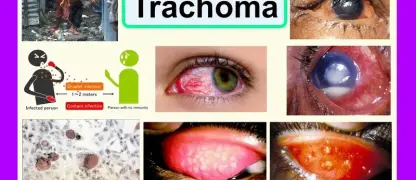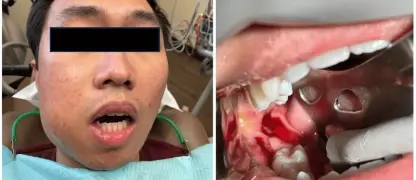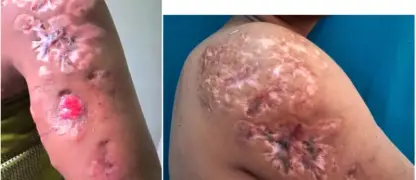Fournier's Gangrene is a medical emergency that can become fatal within hours. Recognizing the initial signs is critical for survival. Do not dismiss unusual pain or swelling in the genital area; your life could depend on it.
What are the main causes of Fournier's Gangrene?
- The main causes of Fournier's gangrene involve a mixed bacterial infection that enters through a break in the skin, often from a perineal infection.
- This aggressive infection leads to necrotizing fasciitis of the perineum, where bacteria rapidly destroy soft tissue, blood vessels, and fascia.
- Key risk factors for Fournier's gangrene include compromised immunity, obesity, and especially uncontrolled diabetes and Fournier's gangrene.

Key symptoms of Fournier's Gangrene to watch for
- Initial Fournier's gangrene symptoms include severe, disproportionate pain in the genitals or perineum, along with swelling, redness, and fever.
- As the flesh-eating disease groin infection progresses, the skin may turn dusky or black, and a crackling sensation may be felt under the skin.
- A foul-smelling discharge and signs of systemic shock, like low blood pressure and confusion, are late-stage, life-threatening symptoms.
How is Fournier's Gangrene Treated?
- Immediate and aggressive Fournier's gangrene surgery is the cornerstone of Fournier's gangrene treatment to remove all dead and infected tissue.
- This debridement surgery is often repeated multiple times to ensure all necrotic tissue is gone and to control the infection's spread.
- Patients receive powerful IV antibiotics and supportive care in an ICU to manage the infection and improve the Fournier's gangrene survival rate.
>>> Details at: Echovirus infection - From common cold to viral meningitis
Illustrated illustrations Fournier's Gangrene
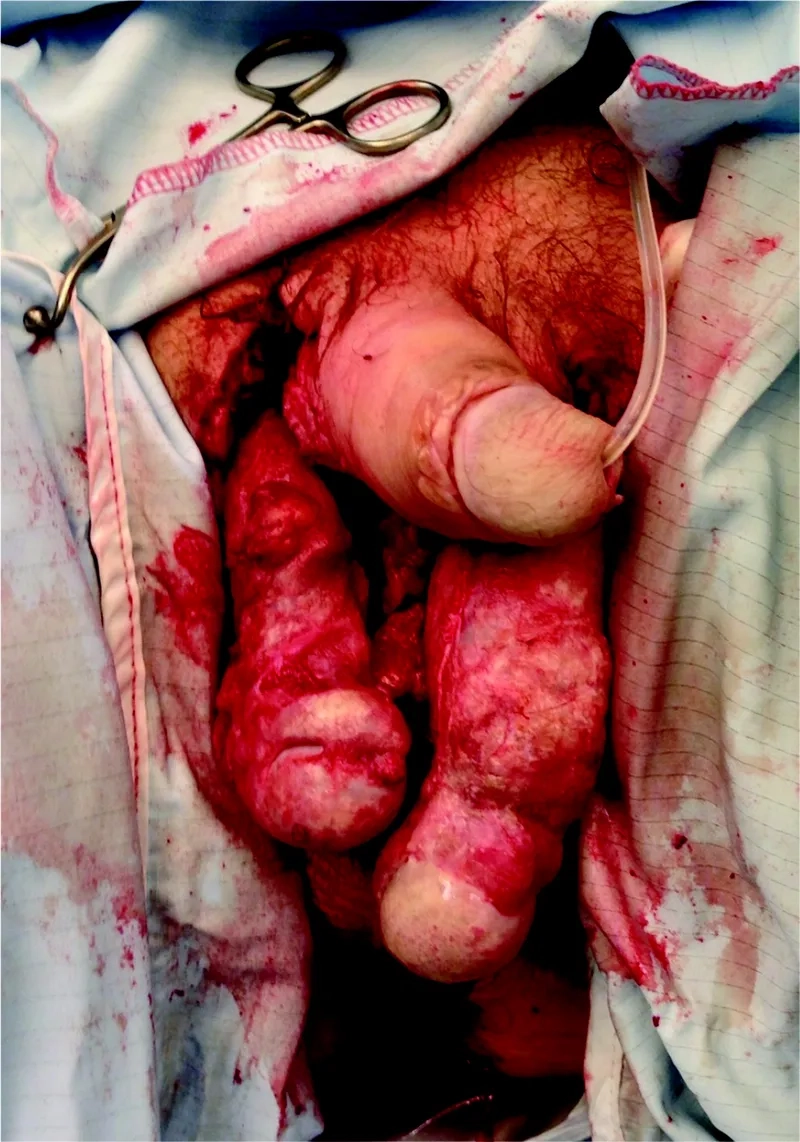

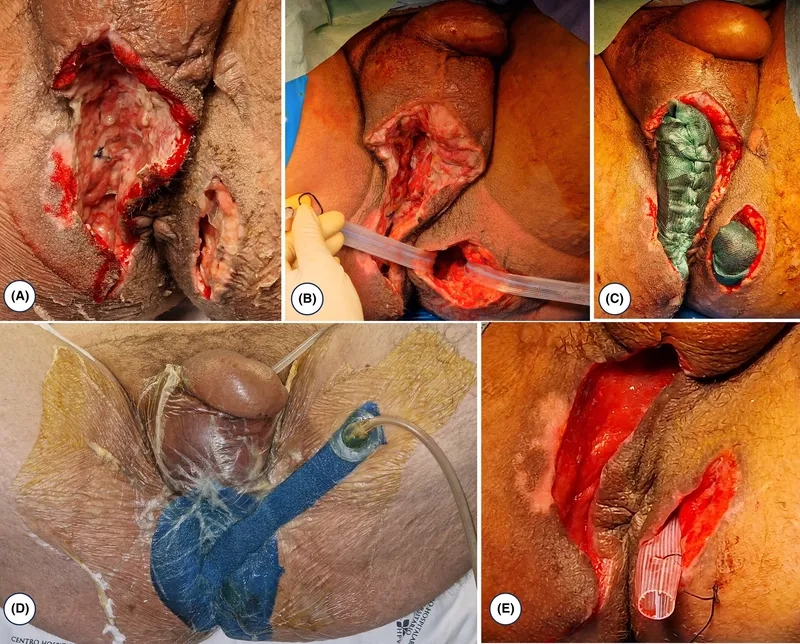

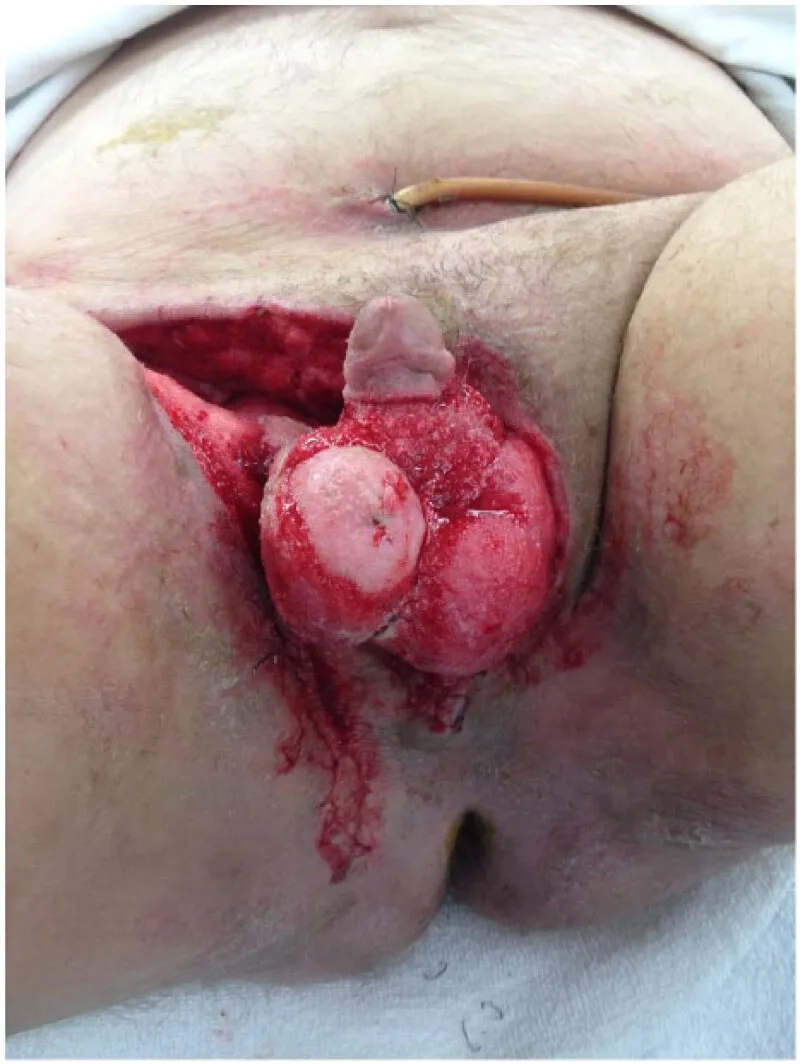
>>> Discover more: Pinworm infection (enterobiasis) - A complete guide for parents
Fournier's gangrene is not contagious. However, it is an absolute emergency. If you experience these symptoms, go to the emergency room immediately. Prompt action is the most important factor for survival.
>>> See more: Epidermolysis bullosa acquisita - An autoimmune skin disease


